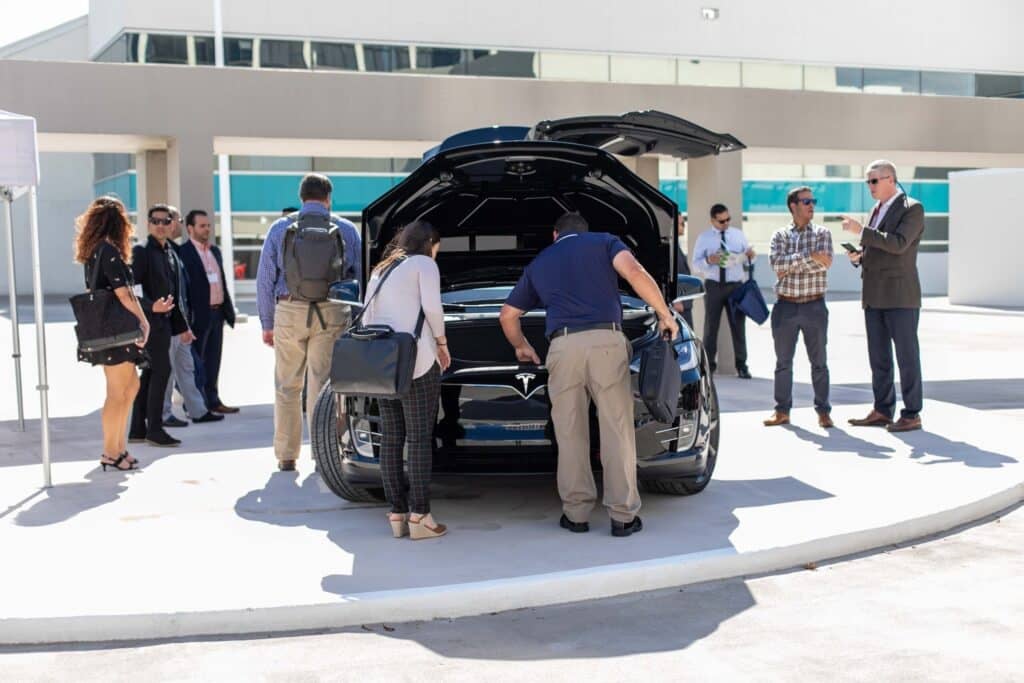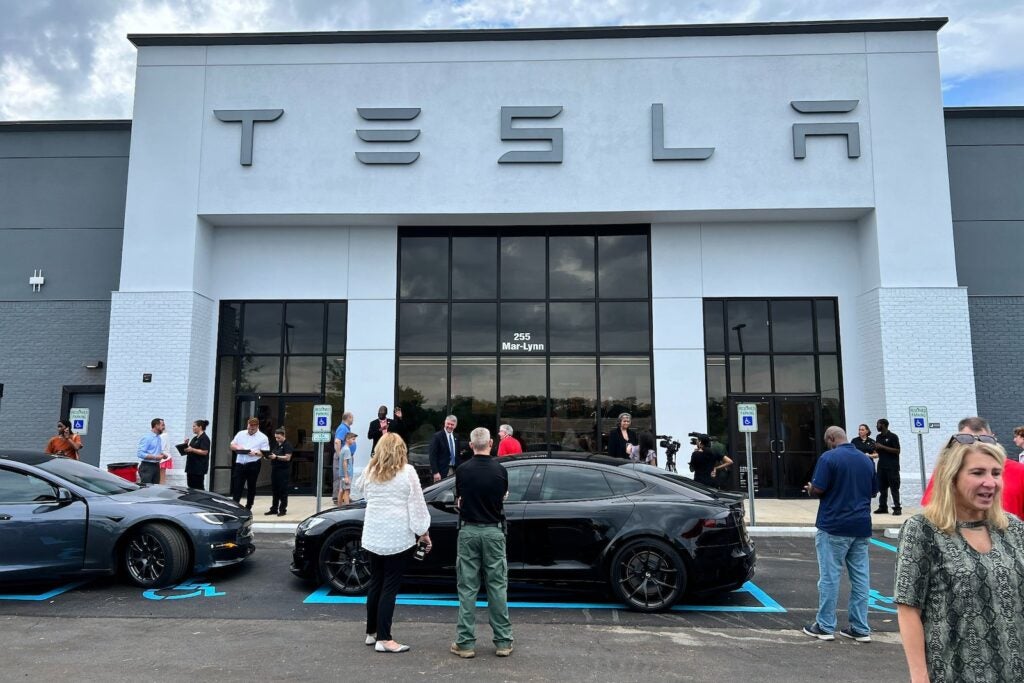The shift to electrified vehicles represents the biggest change in the automotive industry since its inception some 120 years ago. One focal point of that change is in the retail automobile sales and leasing experience at franchise dealerships.

EVs are sold differently, serviced differently and traded in differently, and dealerships are being forced to change with the times. Additionally, brands like Tesla have bypassed dealerships entirely while others, such as Volvo, have indicated they will sell EVs directly to consumers, using the dealerships as delivery services.
EVs and hybrids are not equally popular in every region and locality. On top of that, the COVID pandemic and global supply chain challenges of the past few years have also skewed the retail auto market, creating shortages of new and used cars and wild swings in customer demand that are sometimes broad and other times localized. Through all of this, dealerships are struggling to understand how to satisfy their customers and make a profit.
Randy Barone is vice president of business development at ACV Auctions, one of the leading online dealer auction service providers in America. Working with dealer auctions, Barone has a unique view into the back office of dealerships as they look for stock that will sell in their markets. Barone is tracking how dealership stores are faring in the transition to electrified vehicles.
“I’m in and out of stores on a consulting basis, so I can get to see what’s actually happening in the stores from a firsthand perspective,” Barone says. “I would tell you that it’s kind of a mixed bag right now.”
Automakers are leading with change

One area where there’s a disconnect is between the desire of automakers to change the consumer paradigm and the traditional ways that dealers conduct business.
“When the GMC Hummer came out, they created it as a big event,” Barone said. “They brought me out and I got to see the car before it was ever in production. The people that showed up were the EV specialists from the dealerships, and they did incredible walkarounds around the vehicle. But when I went to purchase the vehicle, the whole process turned back into a normal car buying experience, which was kind of a letdown.”
At some dealerships, the forward-looking hopes of EV buyers run right into the sales manager’s office to die.
“You take this rocket-powered futuristic vehicle, and then bring it all the way back to the same old experience,” Barone says.
However, the post-COVID sales environment is allowing dealers to gain experience with EVs without much financial risk.
“Really the last two years of the car market just being like a skyrocket has enabled stores to stock things that they’ve never stocked before,” Barone said, “because literally, you could stock almost anything and it would sell and make incredible profits. So a lot of dealers tried some EVs, even though they normally wouldn’t have tried those EVs. They saw a little taste of success, and then they started stocking more.”

That wasn’t the case before the COVID era.
“In 2019, I was a national used car director with Asbury Automotive Group, and the whole group wholesaled every EV that they got because frankly, nobody knew anything about them, and everybody was scared to death of them.”
The situation has now reversed, with dealers competing for EV and hybrid inventory.
“Early on, Teslas made great profits,” Barone recalls. “People loved them. There was a niche market out there, and if you had that car, people would buy it. And their confidence level was really gaining momentum, so then I had all the stores fighting for Teslas and wanting us to stock more of them.”
Threats to the franchise dealership model
Tesla famously rejected the standard franchise model for retail sales, opting for direct consumer sales and pocketing the share of profit that usually goes to the dealer. With the transition to electrification, other automakers such as Volvo have stated an intention to sell their electric vehicles directly and use their dealer network only to handle deliveries.

This promotes uniformity in pricing and also encourages buyers to order vehicles, rather than relying on inventory to satisfy demand. Obviously, auto dealers are not pleased with this direction of business.
‘What I’ve seen in the past is that the OEM isn’t always the best retailer, even though they’ve always tried to be the best retailer,” Barone says. “I think they’ve got a long way to go to be able to get that whole process worked out. I think there’s two generations of people right now. One is willing to buy it without test driving, looking at it or anything. Then there’s another generation that still has to drive it first.”
Barone is also keenly aware of the political power that tax-paying dealerships wield in their states.
“They’ve gone after that franchise system many times in the past,” he said. “I can tell you that the franchise laws are very, very strong and these state associations are poised on that. They have unbelievable legal arms, and they meet on this on a regular basis. But the sad part is that who actually wins or loses is the consumer. If direct sales work phenomenally well, then I think they’ll start to grow. But they’re going to get a lot of fight and a lot of pushback from the state associations.”
One of the areas where the future of retail sales is being formed is in ACV’s specialty of distributing trade-in cars to used car dealerships. Handling trade-ins has been a major defense point of the franchise model, but even that could be changing.

“We’ve approached the manufacturers to help them handle that trade,” Barone said. “Whatever process those guys want to do, we can make it very convenient for the consumer. During COVID we all learned that people don’t want to go into somewhere if they don’t have to.
“So we’ve adapted to that. We actually will go to the consumer’s home or their work, and we’ll run a live auction right in their driveway to be able to get them top dollar on their trade from dealers all across the country. We’re being very, very flexible to the consumer.”
Adapting to the new reality
Across the country, dealers are installing free EV charging stations, which seems like a small thing, but Barone points out that it brings drivers to the showroom and keeps them there for enough time to look at the new cars for sale as well as parts and accessories, and also exposes them to the service department if any error codes are displayed on their cars.
“I think their mindset is we’ll sell more cars, we’ll drive those consumers back to the dealership, and we’ll still have that consumer there for services,” Barone said. “It’s about getting the customer to the dealership.”
- SEO Powered Content & PR Distribution. Get Amplified Today.
- Platoblockchain. Web3 Metaverse Intelligence. Knowledge Amplified. Access Here.
- Source: https://www.thedetroitbureau.com/2023/03/how-dealerships-are-dealing-with-the-ev-transition/



